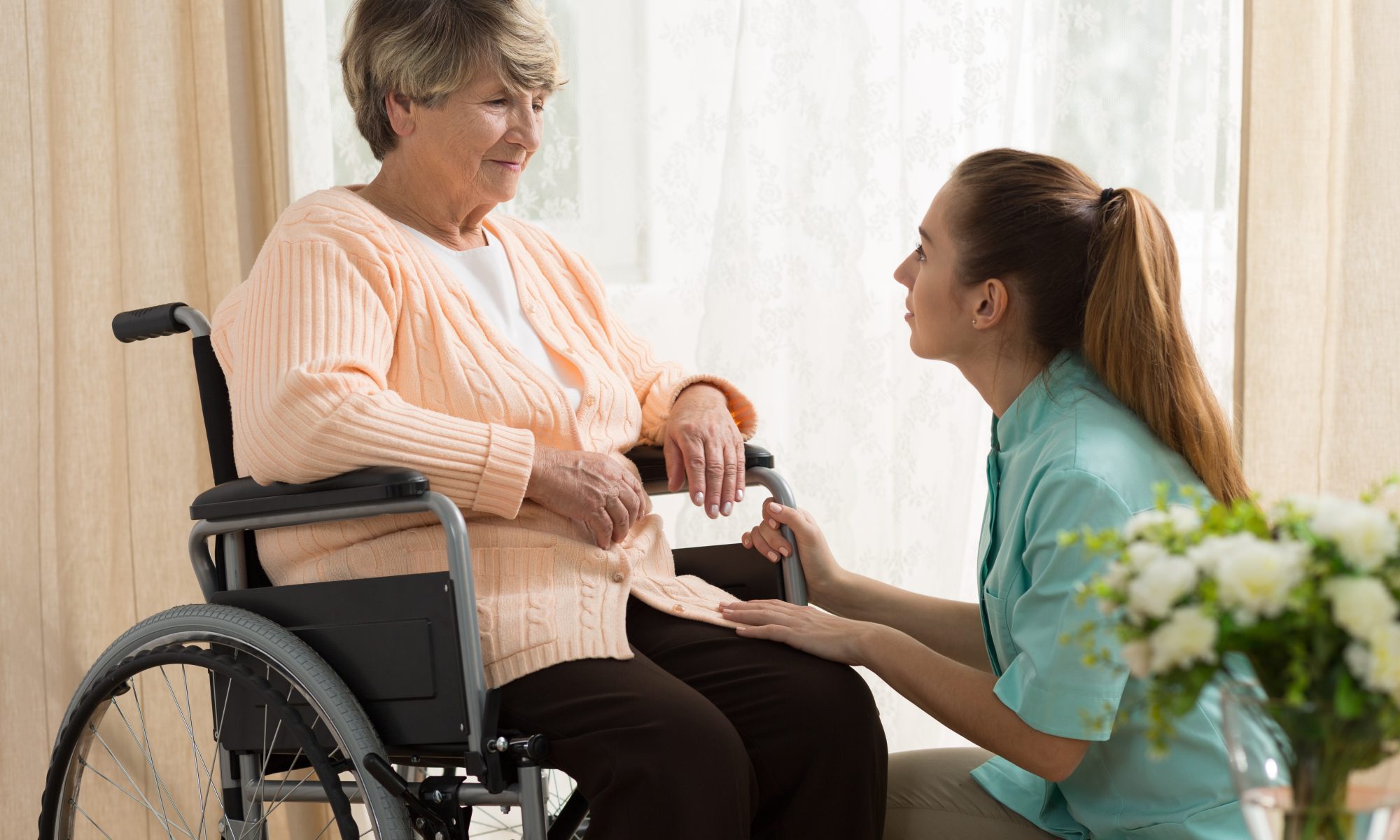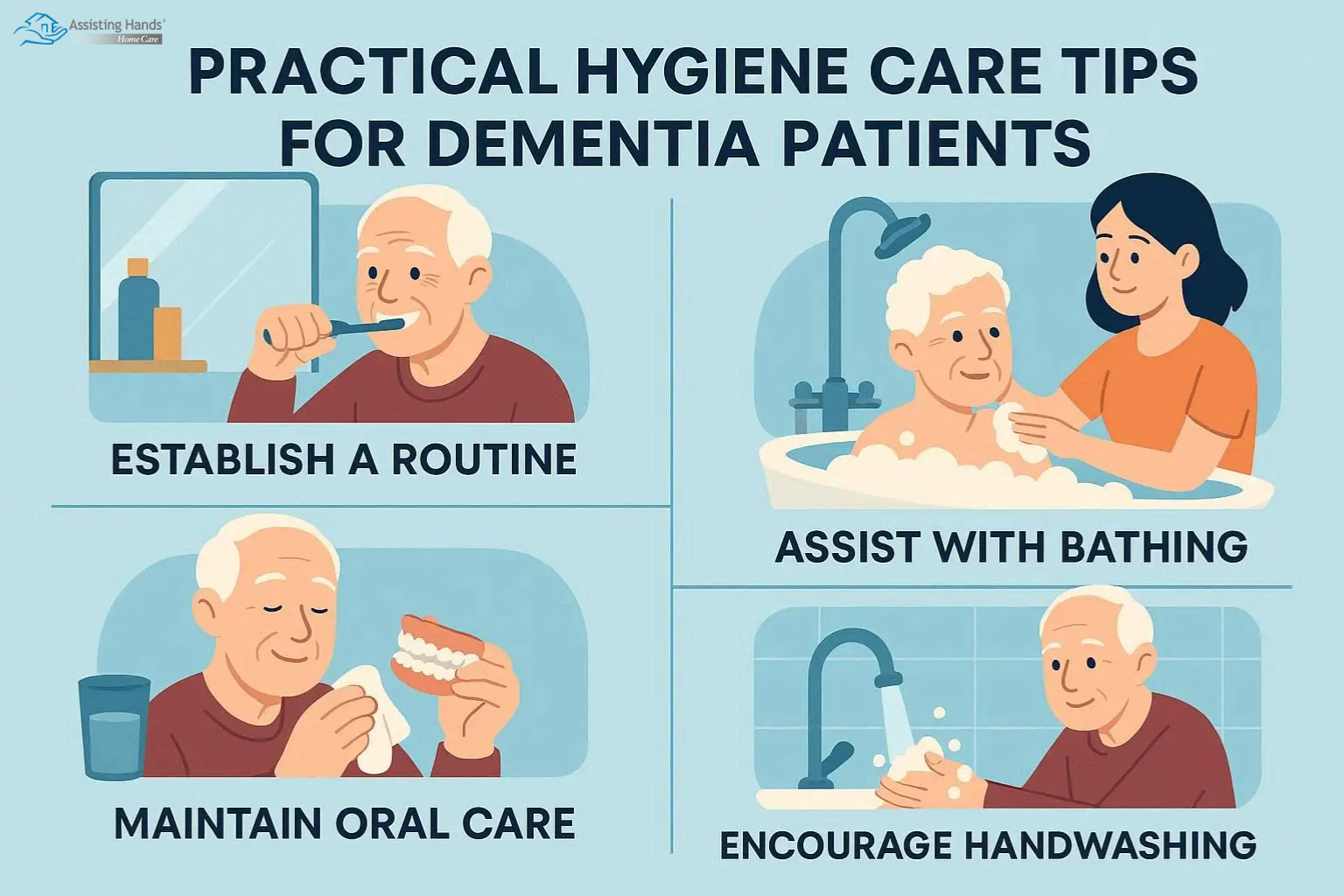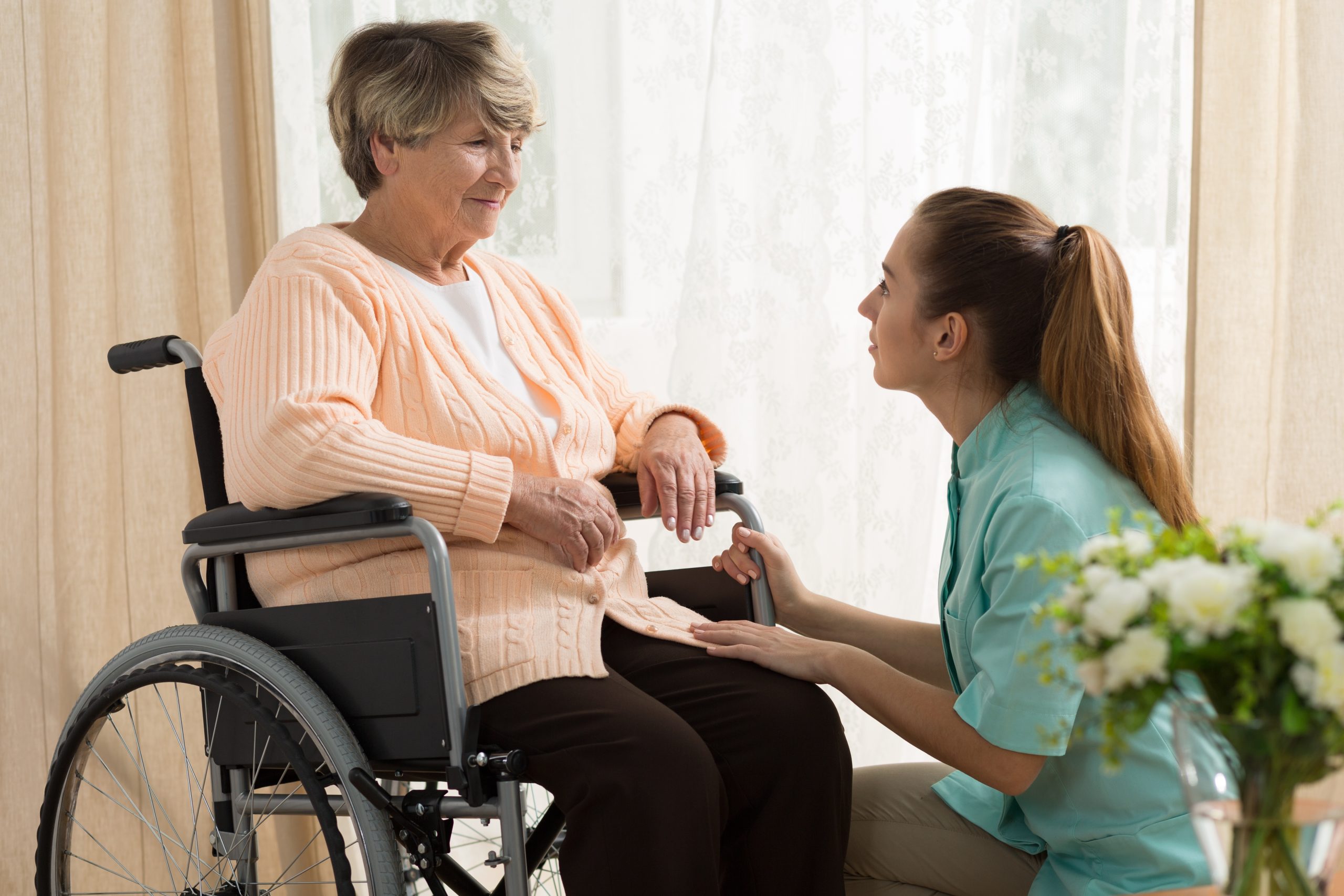
Table of Content
Maintaining personal hygiene becomes increasingly challenging as dementia progresses, affecting both dignity and health. Supporting senior loved ones with their daily hygiene routines requires patience, creativity, and understanding of how cognitive changes impact these tasks that were once automatic.
Create a Calm and Comfortable Environment
The bathroom environment plays a crucial role in successful hygiene care. Many dementia patients feel anxious or confused in unfamiliar or overwhelming spaces, making routine care more difficult.
Consider these environmental modifications:
- Ensure adequate lighting – Bright, even lighting can reduce confusion and shadows that might seem threatening.
- Maintain a comfortable temperature – Keep the room warm to prevent discomfort during undressing.
- Remove or cover mirrors – Reflections can sometimes be disturbing or confusing for people with dementia.
- Use nonslip mats – Safety measures reduce fear and provide confidence during bathing.
- Play soft, familiar music – Calming background sounds can create a more relaxing atmosphere.
- Minimize clutter – Keep only necessary items visible to reduce confusion and distraction.
A consistent, peaceful environment establishes routine and reduces anxiety around personal care activities.
If your senior loved one has been diagnosed with a serious condition and needs help with tasks like meal prep, transportation, bathing, and grooming, reach out to Assisting Hands Home Care, a leading provider of homecare services families can trust. We also offer comprehensive care for seniors with dementia, Alzheimer’s, and Parkinson’s.

Establish Consistent Routines and Timing
Predictable routines provide security and familiarity for dementia patients. When hygiene activities occur at the same time and in the same way, they become easier to accept and participate in.
Effective routine strategies include:
- Choose optimal times – Schedule hygiene care when your loved one is typically most alert and cooperative.
- Follow the same sequence – Perform tasks in the identical order each time to build muscle memory.
- Use familiar products – Stick with brands and scents your loved one has always preferred.
- Allow plenty of time – Rushing creates stress and resistance to care.
- Respect personal preferences – Honor lifelong habits like evening baths versus morning showers.
- Break tasks into steps – Divide complex activities into smaller, manageable parts.
Remember that what works one day might not work the next, so remain flexible while maintaining the overall routine structure.
Preserve Dignity and Independence
Maintaining dignity during personal care is essential for emotional wellbeing. People with dementia often feel vulnerable and embarrassed when they need help with intimate tasks they once managed independently.
Ways to preserve dignity include:
- Encourage self-care – Allow your loved one to do as much as possible independently, even if it takes longer.
- Offer choices – “Would you like to wash your face first or brush your teeth first?” provides control.
- Use respectful language – Speak as you would to any adult, avoiding childlike or condescending tones.
- Ensure privacy – Close doors and windows, and only expose body parts that need immediate attention.
- Explain what you’re doing – Describe each step before and during the process.
- Focus on abilities – Praise what your loved one can do rather than emphasizing limitations.
Small gestures of respect can make significant differences in how care is received and experienced.
Address Common Challenges Proactively
Several predictable challenges arise during hygiene care for dementia patients. Understanding these issues and having strategies ready can prevent many difficult situations.
Common challenges and solutions:
- Fear of water – Start with washcloths and gradually introduce small amounts of water.
- Forgetting the purpose – Gently demonstrate or guide your loved one’s hands to show what needs to be done.
- Resistance to undressing – Try adaptive clothing with Velcro closures or consider bathing in lightweight clothing.
- Confusion about products – Use pump dispensers instead of multiple bottles, and consider all-in-one products.
- Fatigue – Schedule hygiene care when your loved one’s energy levels are highest, often earlier in the day.
- Sensory sensitivities – Test water temperature carefully and use gentle, unscented products if regular ones cause irritation.
Having backup plans and alternative approaches ready can help you respond calmly to unexpected reactions.
In addition to assistance with personal hygiene, a professional caregiver can help your parent with a variety of daily tasks. Arlington home care professionals can be a wonderful boon to seniors. Whether they require around-the-clock supervision or just need assistance with exercise and household tasks a few days a week, seniors can enjoy a higher quality of life with the help of trusted in-home caregivers.
Adapt Techniques as Abilities Change
Dementia progresses differently for each person, requiring ongoing adjustments to hygiene care approaches. What works in early stages may need significant modification as cognitive and physical abilities change.
Adaptation strategies include:
- Simplify products – Switch to no-rinse shampoos, body wipes, or foam cleansers when traditional washing becomes too complex.
- Modify tools – Use electric toothbrushes, adaptive handles, or built-up grips for easier manipulation.
- Consider alternatives – Try dry shampoo, waterless bathing products, or professional mobile hygiene services.
- Adjust frequency – Focus on essential areas daily while doing full bathing less frequently if it causes distress.
- Use visual cues – Pictures showing steps or color-coded items can provide helpful reminders.
- Involve occupational therapists – Professional guidance can identify helpful adaptive equipment and techniques.
Regular assessment of abilities ensures care approaches remain appropriate and effective as your loved one’s care needs evolve.
Caring for seniors with dementia can be challenging for family caregivers. Luckily, there is dementia care Arlington families can rely on. Professional dementia caregivers help seniors with dementia stay safe and comfortable at home by preventing wandering, providing cognitive stimulation, and assisting with household chores. Trust Assisting Hands Home Care to provide high-quality compassionate professional care for your loved one. Call one of our friendly Care Specialists today.







